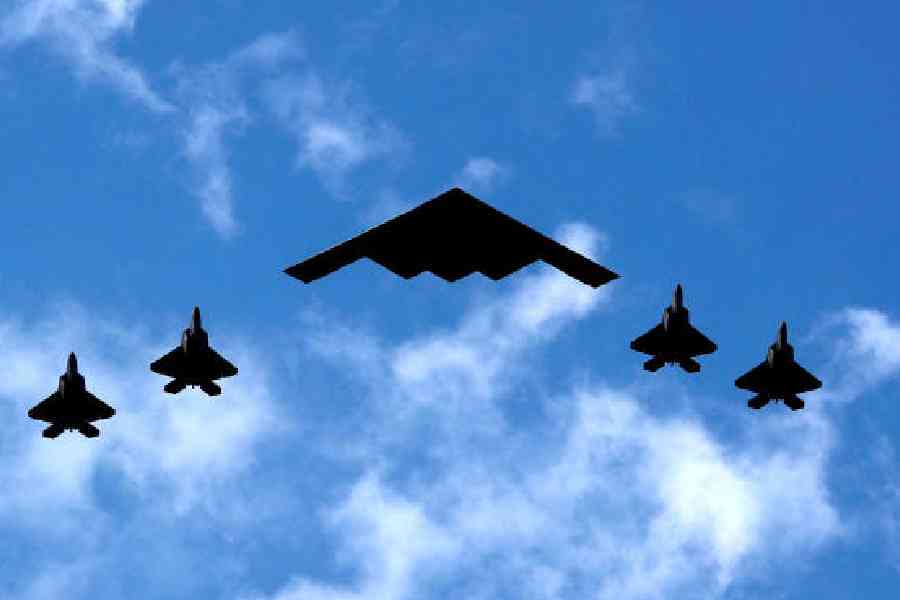One of the most touted mantras of the Donald Trump administration is the idea of peace through strength. On Wednesday, the North Atlantic Treaty Organization that the United States of America has effectively led since its inception 76 years ago gave its nod to that approach, agreeing to dramatically ramp up defence budgets across the alliance. For years, Mr Trump has railed against America’s allies for not doing enough for their own security or for that of the bloc and, instead, relying on the US to provide the military cover for all of NATO. This week, NATO member states agreed — some reluctantly — to raise their military spending to 5% of their GDP by 2035. Currently, the average across NATO nations is less than 3%. Of the alliance’s 32 members, only Poland spends more than 4% of its GDP on security, with Lithuania, Latvia, Estonia and the US the only other members whose defence budgets meet or exceed 3% of their economies. The new commitments to increased military spending are not surprising: they come at a time when the world is, in many ways, more unstable than at any point since the end of World War II. The United Nations and its rules, established in the shadow of that conflict, are openly and dismissively ignored by countries as they wage wars and violate the sovereignty of others. The current wars in Ukraine and Gaza, and the recent attacks on Iran, are only the most prominent examples.
It is not just NATO but India, Pakistan and Japan have also ramped up their defence budgets in recent months. The US is pressuring allies such as South Korea and Australia to also increase their spending on security. While fears over the state of the world are legitimate, history offers little evidence of increased militarisation serving as a pathway to peace. Instead, the past is filled with examples of how that leads to a vicious arms race, which brings smiles on the faces of weapons manufacturers but only more death and destruction to the most vulnerable countries and communities — while increasing insecurities even in stronger nations. At a time when the global economy is in churn, questions must also be asked about how much this extra funding will result in cutbacks in budgets for health, education and other social services. Anything that deepens inequalities in society will only fuel more conflict. Ultimately, wounds need balm, not bombs.










